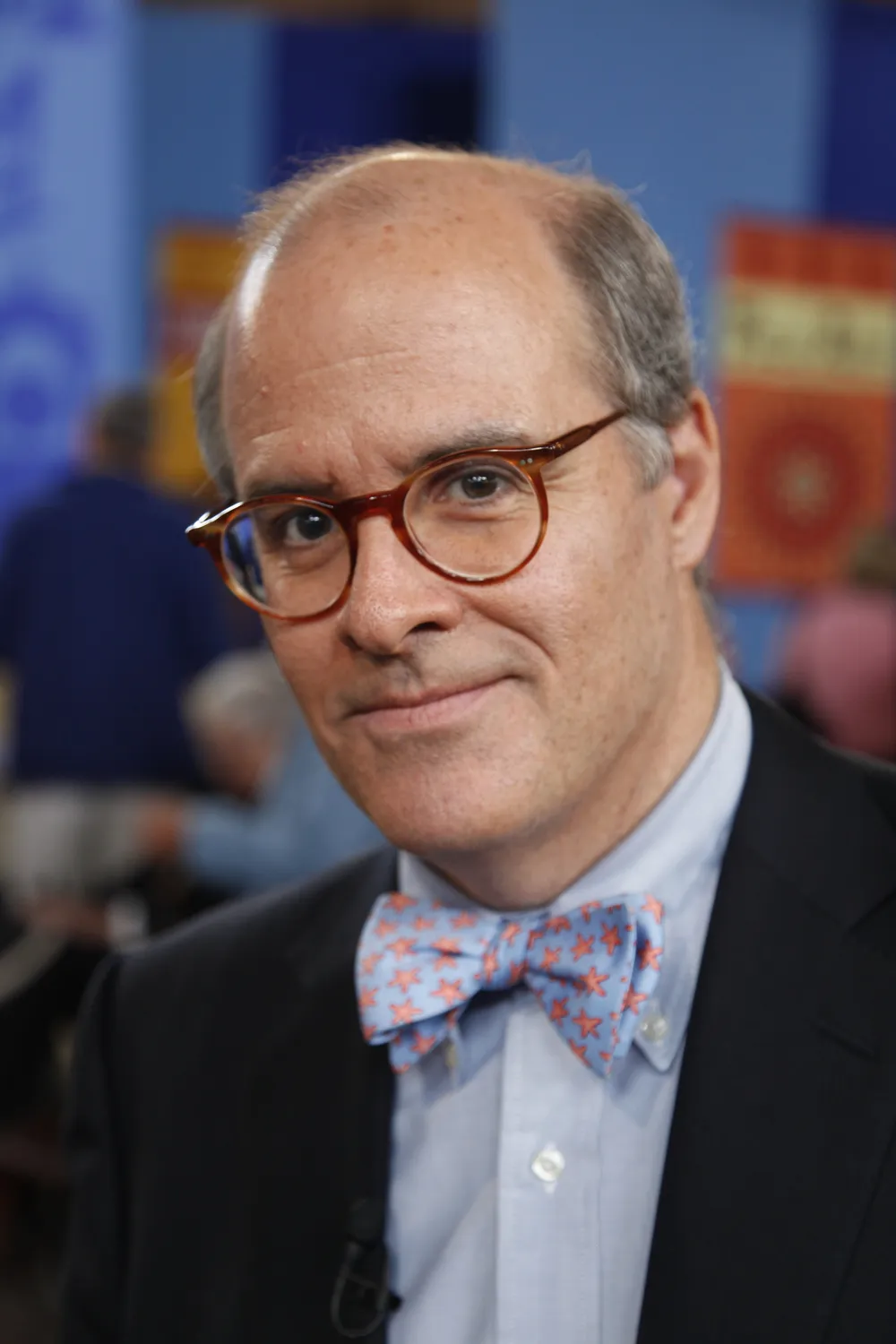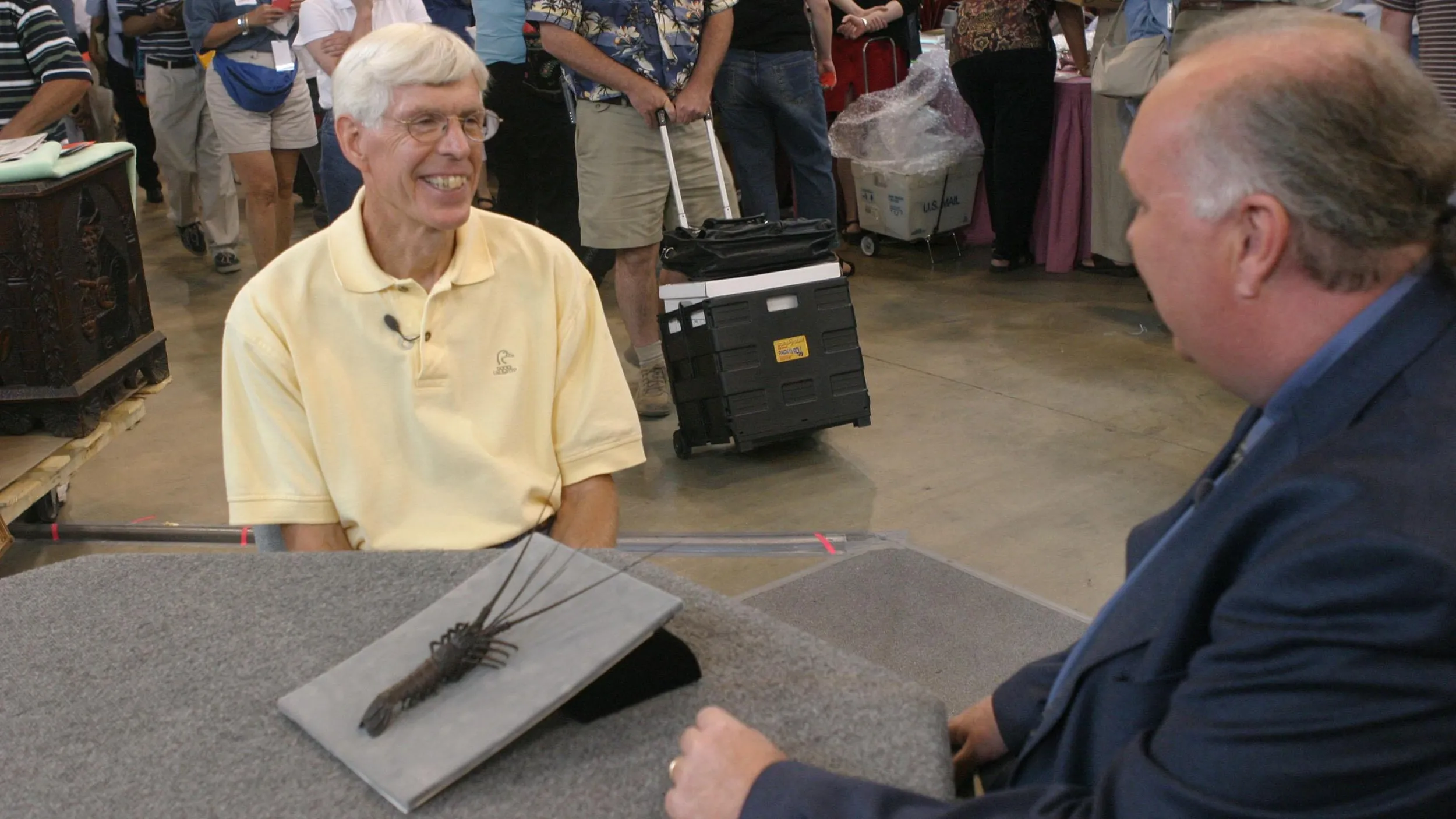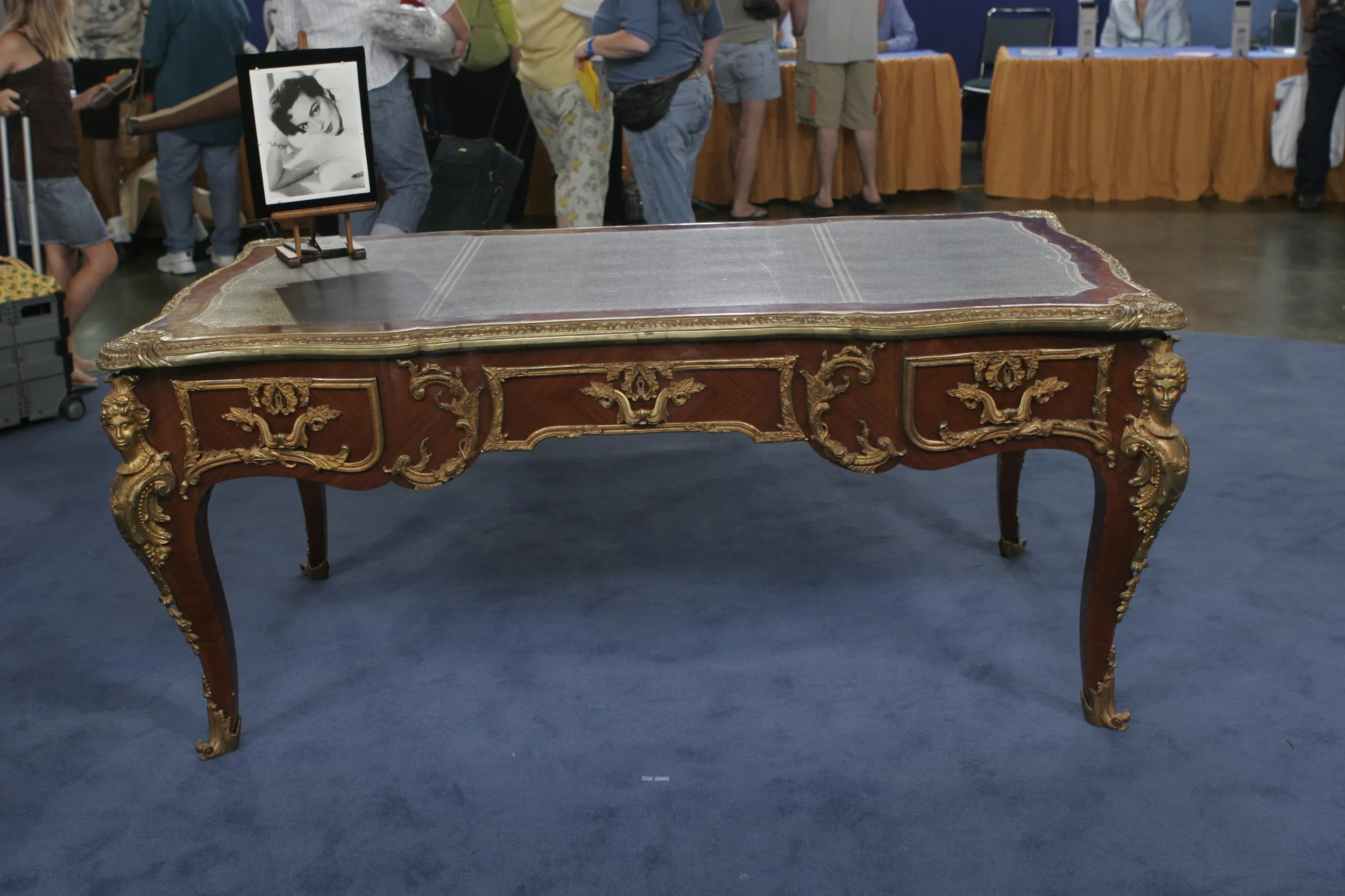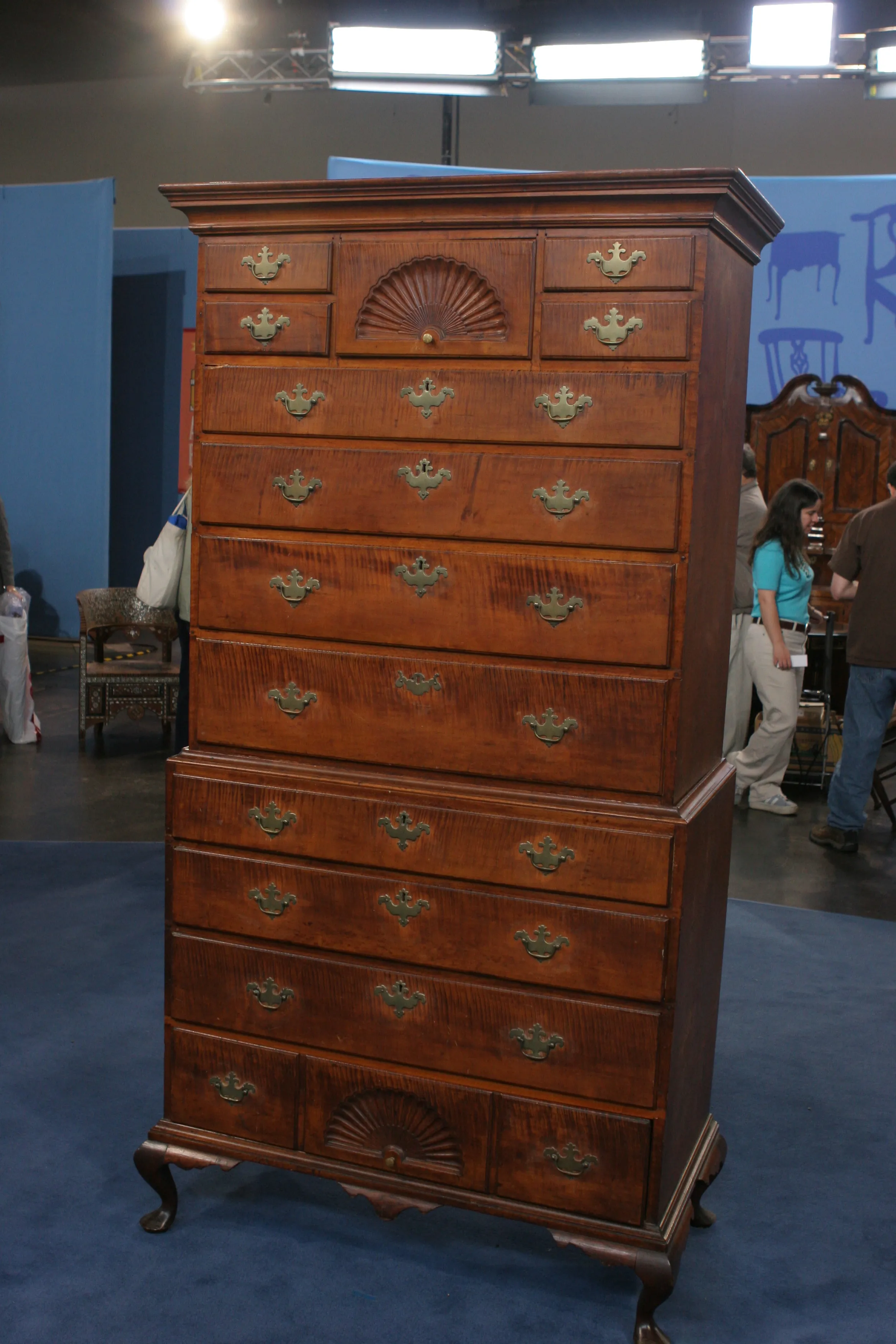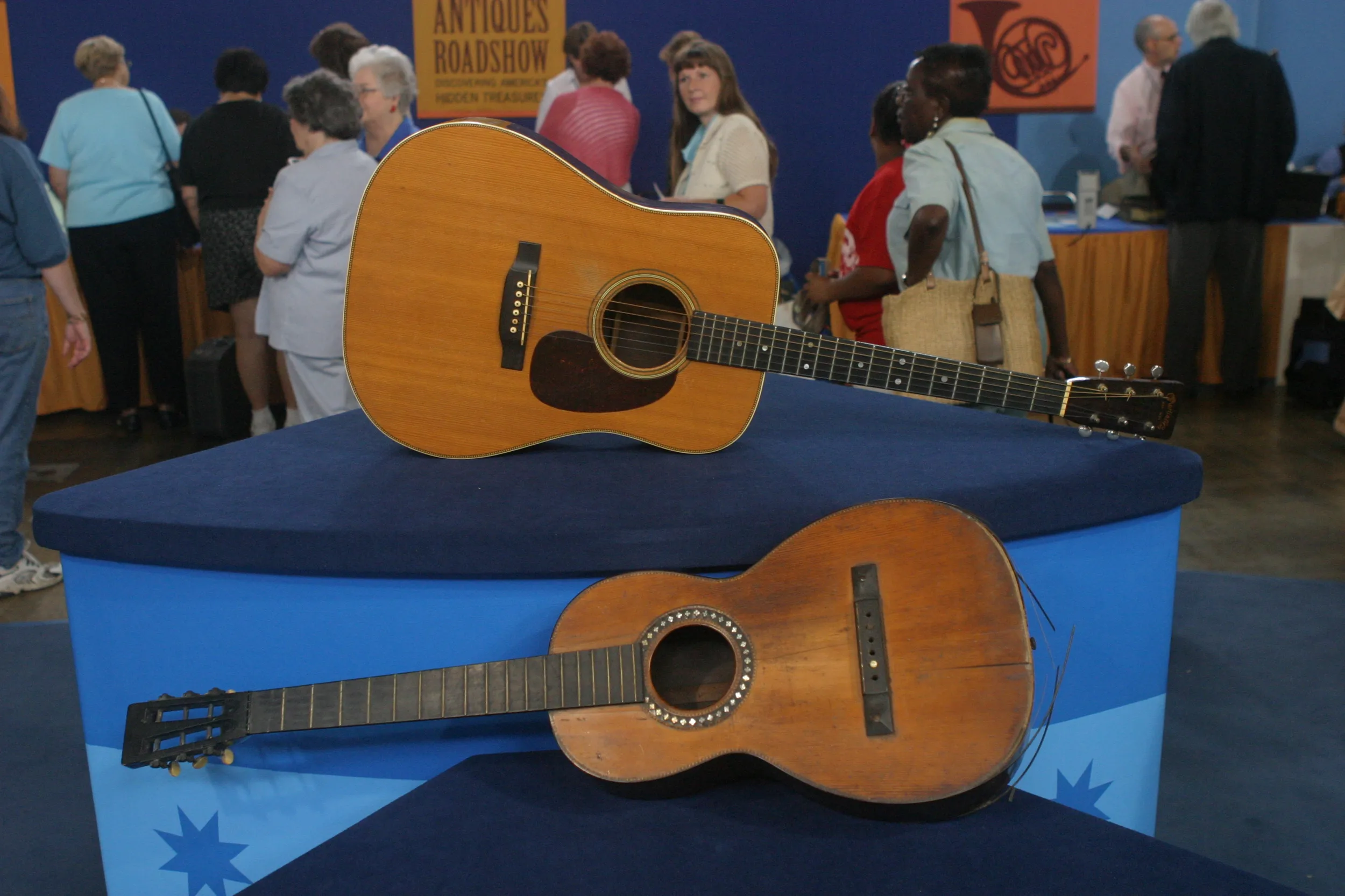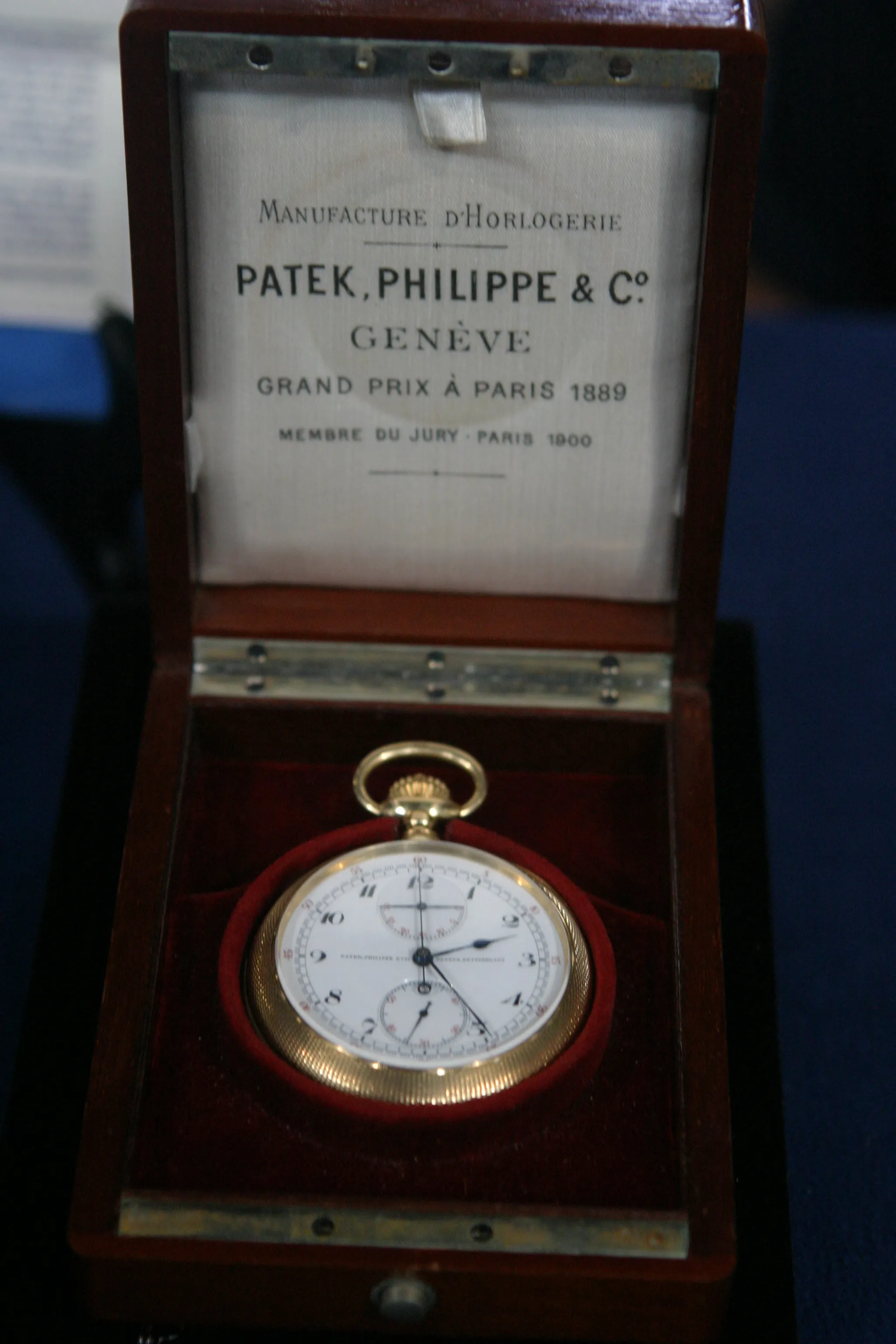GUEST: The portrait is a distinguished ancestor of my wife, Kathy. It's the Reverend Edward Holyoke, who was president of Harvard College for several years. I think he was the second- longest ranking president of that school. So we've had the portrait in our home for several years. It's always occupied a place of honor.
APPRAISER: Well, it's always an assist when you can see that a picture is signed. And in this case, John Greenwood painted the picture in 1749. And of course, you know a lot about the Reverend Holyoke, because he was the tenth president of a very important university. How many students were at Harvard when he was the president?
GUEST: My wife tells me 100.
APPRAISER: 100 students. Well, it's grown quite a bit since then. And tell me about the furniture, then.
GUEST: Now, the chair, the family tradition has it the chair belonged to Reverend Holyoke. But we know nothing about who made it or what it's worth or anything, so that's why we brought it, also.
APPRAISER: Well, I can tell you, when I saw the chair, my heart started racing, because for many, many years, this form was always thought to have been made in Newport, Rhode Island, because of this shell. People used to see that and say, "A-ha, a Newport shell." Recent scholarship, however, has determined something quite different. We now know that chairs of this type, with a beautiful scallop shell, with shell-carved knees, such as this, a return, a knee return like this, and most importantly, these very distinctive feet, were on Boston-made furniture. And history has been rewritten now. All of the early textbooks on American furniture stated that these chairs were made in Newport. They weren't. They were made in Boston.
GUEST: That's interesting.
APPRAISER: And I got very excited, because what a match with this fantastic history of Reverend Holyoke. Chairs like this are highly prized in the American furniture world. They were exported out of Boston to Newport, to New York. They were very popular in the 18th century. Did it ever occur to you that the value of the chair might even surpass this wonderful portrait?
GUEST: Not at all-- I never had any idea that could be.
APPRAISER: Colonial portraits signed by the artist are very rare, and this was probably rendered from life. It really does appear as if the artist was looking at the Reverend Holyoke himself, and I would say it probably is in the neighborhood of $25,000 today in the market.
GUEST: Oh, really? Okay.
APPRAISER: Maybe a little bit more. I'd insure it for $25,000 to $30,000. The chair... is extremely rare, in marvelous condition. Chairs like this bring somewhere between $60,000 and $70,000 at auction.
GUEST: Oh, my goodness.
